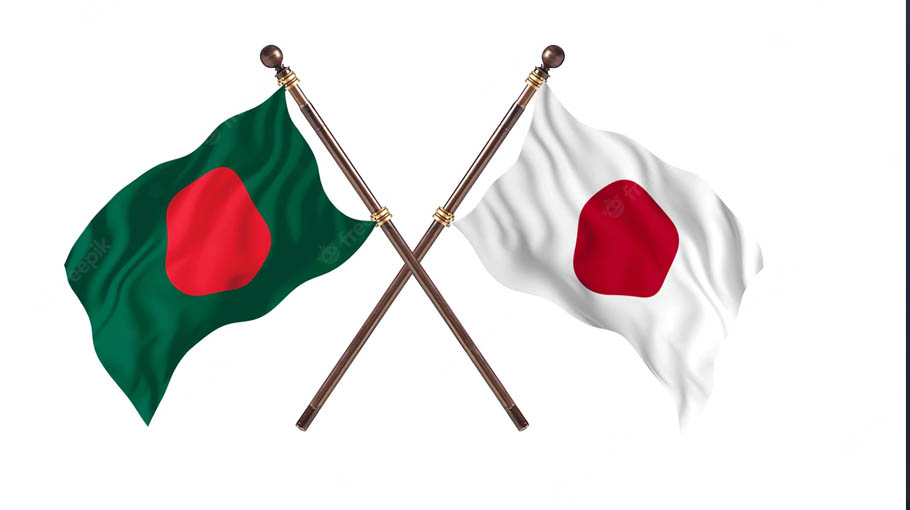Japan researchers laud Bangladeshi migrants

Research shows that migration from Bangladesh to Japan has significantly developed the character of personal relationships between the countries, and some returnees have retained strong personal ties from the previous “sojourn” in Japan.
The current debate about migration in Japan, is narrowed in ways that focus primarily upon serious domestic problems such as labour market shortages, as well as the growth in the greater proportion of elderly people in the population.
This was revealed by a research team of the Rikkyo University Postgraduate Research Project 2022 who are currently visiting Bangladesh for a project, entitled “Global Migration and Transnational Networks”.
The project commenced at the College of Sociology, Rikkyo University in 2014 April, with support from the “Asian People’s Friendship Society (APFS).
It was launched as an integral part of the College of Sociology’s postgraduate course which gives special attention to Japan-Bangladesh relations. It is structured to enable research data to be gathered from actual social settings.
At a press briefing on Saturday, they said, they visited Bangladesh in September 2019, we have been unable to visit because of the COVID-19 pandemic, but now we are very glad to visit again to continue this vital research.
Global migration and resultant settlement patterns have been a significant research area not only in sociological fields but also in economic and political research, and are a major concern of governments and civil society around the world.
In terms of the Japan-Bangladesh migrations, it was from the late 1980s, when a considerable inflow of Bangladeshis came to Japan.
Some of whom have developed their families and remained in Japan, but many others have already returned home after their time in Japan.
They have been gathering empirical data by conducting questionnaire surveys and intensive interviews with these Bangladeshis who had lived in Japan, experienced Japanese social life for a long period, and have since returned to their homeland.
They are confident that these Bangladeshi returnees provide us with a fruitful exchange of substantial knowledge that will be mutually beneficial for future relationships between the two countries.
Rikkyo University was founded in 1874 and as one of Japan’s older universities maintains its public reputation as an academy of scholarship and learning.
The College of Sociology was established in 1958, with a current establishment of over 30 academic staff.
It is this College that has introduced research-based teaching programmes like the one outlined here.
The College is consciously forming its Research and Teaching Project in a way that is integrally connected with this globally focused project.
It is very appropriate to focus upon those people who are already internationally connected from their actual “foreign land” experiences in Japan.
The APFS has supported this project for its commencement in 2014. From its founding in December 1987, APFS has been a prominent non-profit organisation assisting the settlement of foreigners in Japan. Some of the Bangladeshi arrivals have also been long-term and active members of the APFS.
The research project members include Tetsuo Mizukami, Dean and Professor of College of Sociology, and Director of Center for Statistics and Information, Rikkyo University; Katsuo Yoshinari, Founder of Asian People’s Friendship Society, and Board Member of Asian Community Takashimadaira; Yoshiaki Noro, Professor of College of Sociology, Rikkyo University; Yuka Nakayama, Specially Appointed Associate Professor of Global Learning Center, Yamanashi Gakuin University, and Lecturer of College of Sociology, Rikkyo University; and Masud Karim, CEO, Asahi Corporation, Dhaka.
They have made some academic and public contributions that document the cumulative sociological understanding of these life situations as they also reflect aspects of global migration.




